Carrot
How to submit an article:
- Registered users can submit any published journal article that has a unique DOI (Digital Object Identifier) name or link to Research Hub.
- For example, you can paste the full DOI link:
https://doi.org/10.1109/5.771073or just the DOI name:10.1109/5.771073into the field above and click submit. - The person who is first to submit a valid article to Research Hub will forever be credited for it, and every article submission earns you +6 Research Points.
Sub-Topics:
Related Topics
Published research studies are articles that present the findings of original research that has undergone a peer-review process and has been made publicly available in scholarly journals, books or other media.

Carrot intake is consistently negatively associated with cancer incidence: A systematic review and meta-analysis of prospective observational studies
2023 Dec 17 Critical Reviews in Food Science and Nutrition Ojobor CC, O’Brien GM, Siervo M, Ogbonnaya C, Brandt K
Meta-Analysis Systematic Review Cancer CarrotConsuming carrots can significantly decrease the risk of cancer.
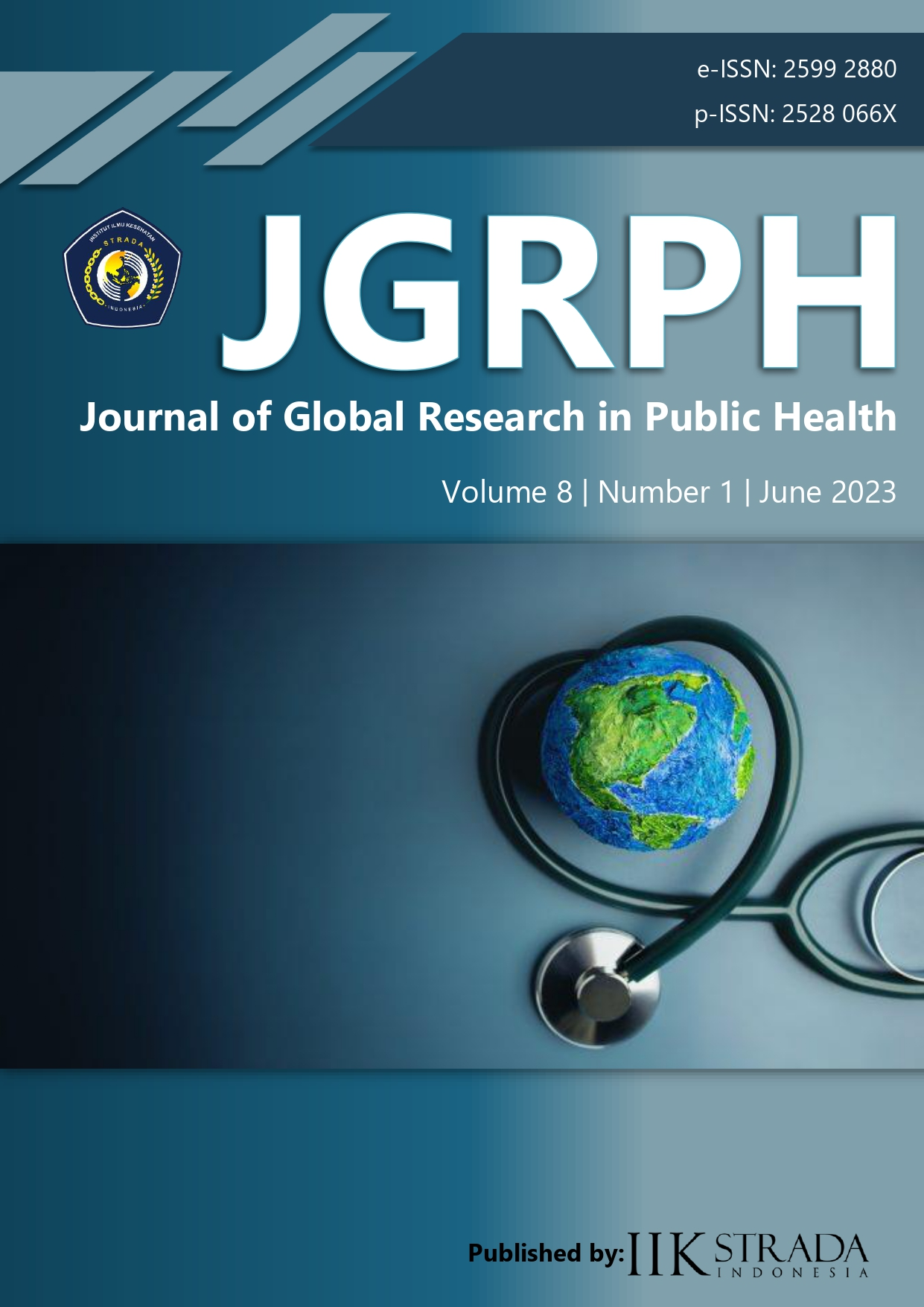
Effectiveness of Young Coconut Water And carrots Juice Against the Scale of Dysmenorrhea on The Teenage Princess
2023 Jun 28 Journal of Global Research in Public Health Candra Wahyuni
Cohort Study Clinical Study Period Pain Carrot Coconut Water Carrot JuiceYoung coconut water has been found to be more effective than carrot juice in reducing the severity of dysmenorrhea in teenage girls.
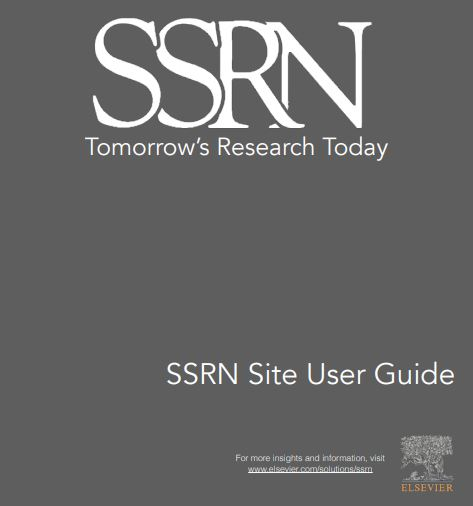
Carrot Intake is Consistently Negatively Associated with Cancer Incidence: A Systematic Review and Meta-Analysis of Prospective Observational Studies
2023 Jan SSRN Electronic Journal Ojobor CC, O'Brien GM, Siervo M, Ogbonnaya C, Brandt K
Systematic Review Meta-Analysis CarrotCarrot consumption, beyond its β- and α-carotene content, significantly reduces cancer risk, highlighting polyacetylenes as potential anti-cancer agents, urging active promotion of carrot intake.

Carrot Intake and Risk of Developing Cancer: A Prospective Cohort Study
2023 Jan 29 Nutrients Deding U, Baatrup G, Kaalby L, Kobaek-Larsen M
Cohort Study Cancer Lung Cancer Falcarindiol Leukaemia Cancer Risk Falcarinol Adenocarcinoma CarrotRegular consumption of raw carrots is associated with a significant, dose-dependent reduction in lung cancer incidence, suggesting a potential cancer-protective effect attributed to polyacetylenic compounds, particularly falcarinol and falcarindiol, present in raw carrots.
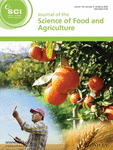
Carrot and carotene and multiple health outcomes: an umbrella review of the evidence
2023 Jan 17 Journal of the Science of Food and Agriculture Yi X, Li J, Liao D, Peng G, Zheng X, Xu H, et al.
Review Article Cataracts Carotene Lung Cancer Carrot Anticancer Stomach Cancer Breast Cancer Alzheimer's Disease Urothelial Cancer SunburnCarrot and carotene consumption could diminish the risk of a wide range of negative health consequences, including multiple types of cancer.
Research insights are moderated by the Research Hub team and offer an at-a-glance overview of interesting research findings.

2023 Critical Reviews in Food Science and Nutrition
Consuming carrots can significantly decrease the risk of cancer.
Meta-Analysis Cancer
Carrot intake is consistently negatively associated with cancer incidence: A systematic review and meta-analysis of prospective observational studies
Ojobor CC, O’Brien GM, Siervo M, Ogbonnaya C, Brandt K

2023 Journal of Global Research in Public Health
Young coconut water has been found to be more effective than carrot juice in reducing the severity of dysmenorrhea in teenage girls.
Cohort Study Carrot Juice Coconut Water Period Pain
Effectiveness of Young Coconut Water And carrots Juice Against the Scale of Dysmenorrhea on The Teenage Princess
Candra Wahyuni

2023 Nutrients
Regular consumption of raw carrots is associated with a significant, dose-dependent reduction in lung cancer incidence, suggesting a potential cancer-protective effect attributed to polyacetylenic compounds, particularly falcarinol and falcarindiol, present in raw carrots.
Cohort Study Adenocarcinoma Cancer Cancer Risk Falcarindiol Falcarinol
Carrot Intake and Risk of Developing Cancer: A Prospective Cohort Study
Deding U, Baatrup G, Kaalby L, Kobaek-Larsen M

2023 Journal of the Science of Food and Agriculture
Carrot and carotene consumption could diminish the risk of a wide range of negative health consequences, including multiple types of cancer.
Review Article Alzheimer's Disease Anticancer Breast Cancer Carotene Cataracts
Carrot and carotene and multiple health outcomes: an umbrella review of the evidence
Yi X, Li J, Liao D, Peng G, Zheng X, Xu H, et al.

2023 SSRN Electronic Journal
Carrot consumption, beyond its β- and α-carotene content, significantly reduces cancer risk, highlighting polyacetylenes as potential anti-cancer agents, urging active promotion of carrot intake.
Systematic Review
Carrot Intake is Consistently Negatively Associated with Cancer Incidence: A Systematic Review and Meta-Analysis of Prospective Observational Studies
Ojobor CC, O'Brien GM, Siervo M, Ogbonnaya C, Brandt K
Review Articles
Review articles summarise and critically evaluate the current state of research on a specific topic or field by synthesising multiple primary research studies.

Carrot intake is consistently negatively associated with cancer incidence: A systematic review and meta-analysis of prospective observational studies
2023 Dec 17 Critical Reviews in Food Science and Nutrition Ojobor CC, O’Brien GM, Siervo M, Ogbonnaya C, Brandt K
Meta-Analysis Systematic Review Cancer CarrotConsuming carrots can significantly decrease the risk of cancer.

Carrot Intake is Consistently Negatively Associated with Cancer Incidence: A Systematic Review and Meta-Analysis of Prospective Observational Studies
2023 Jan SSRN Electronic Journal Ojobor CC, O'Brien GM, Siervo M, Ogbonnaya C, Brandt K
Systematic Review Meta-Analysis CarrotCarrot consumption, beyond its β- and α-carotene content, significantly reduces cancer risk, highlighting polyacetylenes as potential anti-cancer agents, urging active promotion of carrot intake.

Carrot and carotene and multiple health outcomes: an umbrella review of the evidence
2023 Jan 17 Journal of the Science of Food and Agriculture Yi X, Li J, Liao D, Peng G, Zheng X, Xu H, et al.
Review Article Cataracts Carotene Lung Cancer Carrot Anticancer Stomach Cancer Breast Cancer Alzheimer's Disease Urothelial Cancer SunburnCarrot and carotene consumption could diminish the risk of a wide range of negative health consequences, including multiple types of cancer.

Critical review on the immunomodulatory activities of carrot’s β-carotene and other bioactive compounds
2022 Dec Journal of Functional Foods Anjani G, Ayustaningwarno F, Eviana R
Review Article Carrot Oxidative Stress Carotene Anti-Inflammatory ImmunomodulationCarrot's bioactive compounds can regulate immune response, reduce oxidative stress, and prevent damaging oxidative destruction, making it a potential preventive tool for various diseases.

Delving into the Nutraceutical Benefits of Purple Carrot against Metabolic Syndrome and Cancer: A Review
2022 Mar 20 Applied Sciences Rasheed H, Shehzad M, Rabail R, Kowalczewski P, Kidoń M, Jeżowski P, et al.
Review Article Anti-Inflammatory Metabolic Syndrome Anticancer Purple Carrot CarrotPurple carrot roots, rich in bioactive compounds like anthocyanin, may be effective in preventing metabolic syndrome and cancer by reducing inflammation and metabolic changes.
Clinical Trials
Clinical trials are research studies that involve people and are conducted to evaluate the safety and efficacy of new treatments or interventions, such as drugs, medical devices, or behavioural therapies.
Study Protocols
Published study protocols are detailed plans that outline the objectives, methodology, statistical analyses, and organisation of a research study that have been made publicly available for others to review and use as a reference.
Presentation Slides

Meta-Analysis
Consuming carrots can significantly decrease the risk of cancer.
Ojobor CC, O’Brien GM, Siervo M, Ogbonnaya C, Brandt K

Cohort Study
Young coconut water has been found to be more effective than carrot juice in reducing the severity of dysmenorrhea in teenage girls.
Candra Wahyuni

Cohort Study
Regular consumption of raw carrots is associated with a significant, dose-dependent reduction in lung cancer incidence, suggesting a potential cancer-protective effect attributed to polyacetylenic compounds, particularly falcarinol and falcarindiol, present in raw carrots.
Deding U, Baatrup G, Kaalby L, Kobaek-Larsen M

Review Article
Carrot and carotene consumption could diminish the risk of a wide range of negative health consequences, including multiple types of cancer.
Yi X, Li J, Liao D, Peng G, Zheng X, Xu H, Zhang T, Ai J

Systematic Review
Carrot consumption, beyond its β- and α-carotene content, significantly reduces cancer risk, highlighting polyacetylenes as potential anti-cancer agents, urging active promotion of carrot intake.
Ojobor CC, O'Brien GM, Siervo M, Ogbonnaya C, Brandt K

Review Article
Carrot's bioactive compounds can regulate immune response, reduce oxidative stress, and prevent damaging oxidative destruction, making it a potential preventive tool for various diseases.
Anjani G, Ayustaningwarno F, Eviana R

Experimental Study
Carotenoid-rich foods like orange carrots were more effective in mitigating Non-alcoholic fatty liver disease than those with low carotenoid levels.
Balbuena E, Cheng J, Eroglu A

Cohort Study
Moderate consumption of carrots is associated with a lower incidence of colorectal cancer, implying a potential cancer prevention effect in a certain dose-range.
Jiang Z, Chen H, Li M, Wang W, Fan C, Long F

Review Article
Purple carrot roots, rich in bioactive compounds like anthocyanin, may be effective in preventing metabolic syndrome and cancer by reducing inflammation and metabolic changes.
Rasheed H, Shehzad M, Rabail R, Kowalczewski P, Kidoń M, Jeżowski P, Ranjha MMAN, Rakha A, Din A, Aadil RM
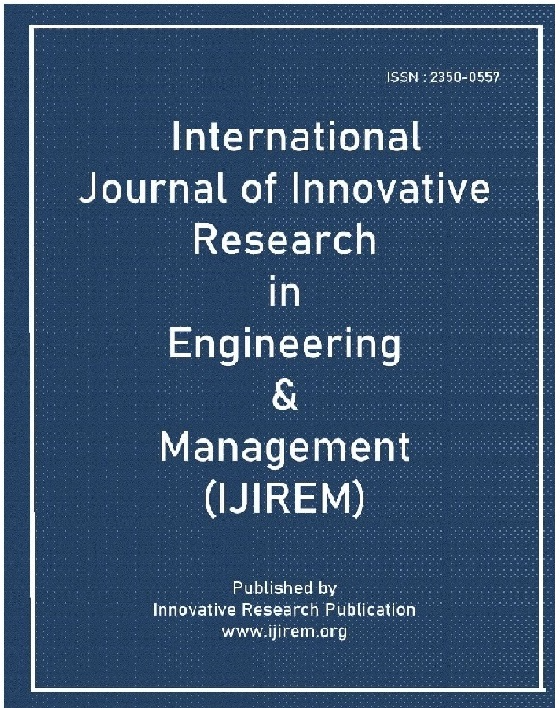
Review Article
Carrots, rich in carotenoids, flavonoids, and vitamins, have numerous health benefits including antioxidants, immune enhancement, and anti-cancer properties.
Varshney K, Mishra K

Review Article
Phytochemicals in carrots, particularly carotenoids, are effective at reducing eyesight degeneration and treating chronic eye defects due to their antioxidant and anti-inflammatory properties.
Taiwo EA, Abdulkareem TT, Fajemisin E

Cohort Study
Regular consumption of raw carrots, specifically 2-4 or more per week, is associated with a decreased risk of colorectal cancer.
Deding U, Baatrup G, Christensen LP, Kobaek-Larsen M
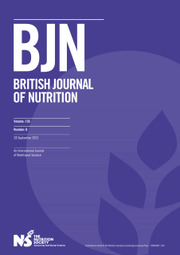
Systematic Review
Higher carrot consumption is associated with a lower risk of developing lung cancer, particularly adenocarcinoma.
Xu H, Jiang H, Yang W, Song F, Yan S, Wang C, Fu W, Li H, Lyu C, Gan Y, Lu Z

Meta-Analysis
Dietary carrot intake is associated with a decreased risk of breast cancer.
Chen H, Shao F, Zhang F, Miao Q
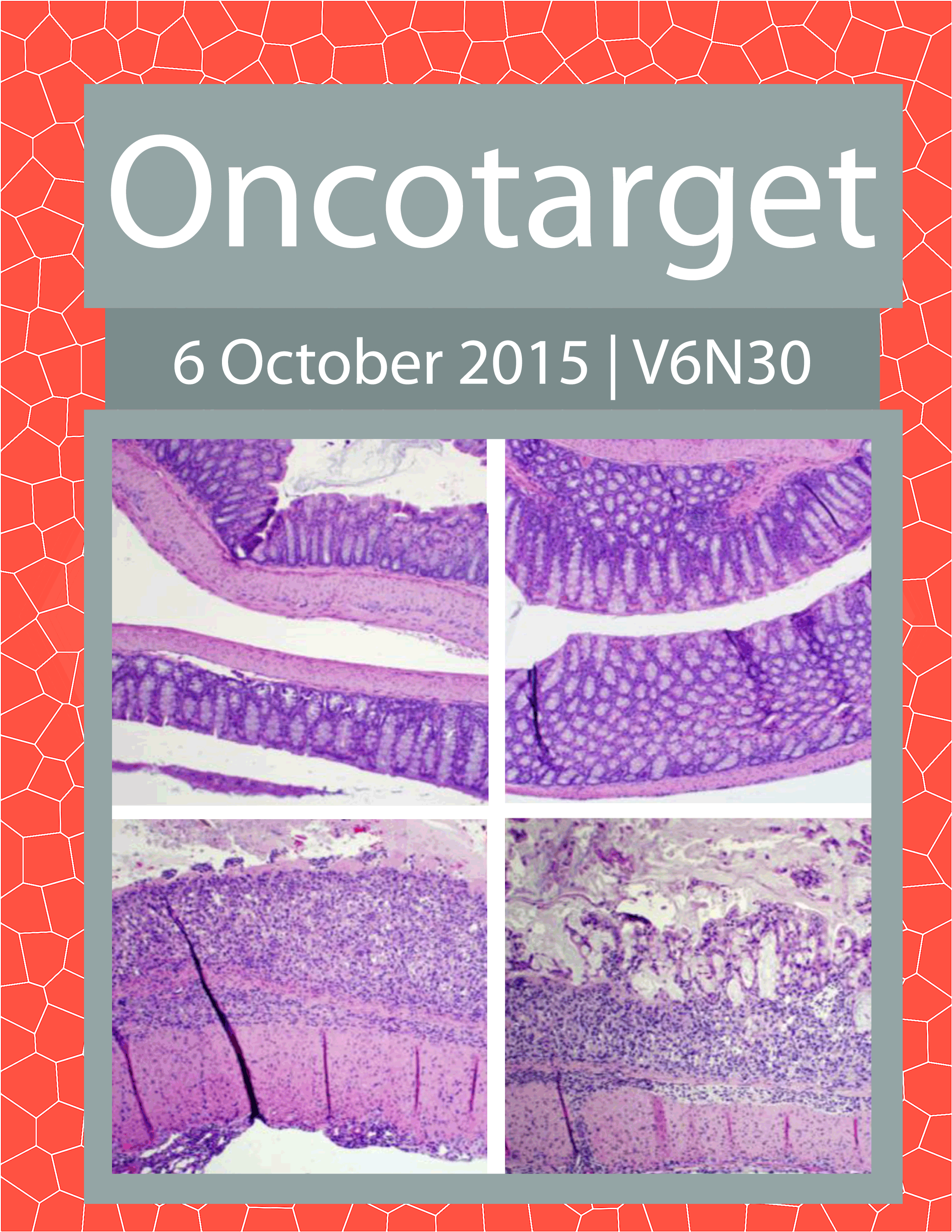
Systematic Review
High consumption of carrots is associated with a reduced risk of urothelial cancer.
Luo X, Lu H, Li Y, Wang S
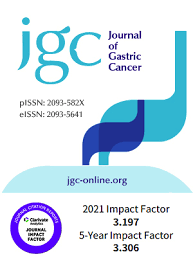
Systematic Review
Consuming carrots reduces the risk of gastric cancer by an indicated 26%.
Fallahzadeh H, Jalali A, Momayyezi M, Bazm S
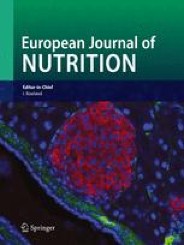
Systematic Review
Regular carrot consumption could potentially reduce the risk of prostate cancer.
Xu X, Cheng Y, Li S, Zhu Y, Xu X, Zheng X, Mao Q, Xie L
Executive Summary
Write an executive summary in the form of a blog article on the topic of "Research into Chinese medicine treatment for Carrot" summarising the research below and using language that can be easily understood by patients and avoiding medical jargon using a professional and caring tone of voice.
Write an executive summary in the form of a blog article on the topic of "Researched Chinese medicine treatments for Carrot" summarising the research below in an objective and easy to understand way, and using language that can be easily understood by patients. Group the article into Chinese medicine treatments first, followed by nutrition and other treatments. Avoid using medical jargon and use a professional and caring tone of voice.
Write me a concise but easy to understand executive summary on the topic of "Chinese medicine treatments for Carrot" based on the following research that I will give you. Your summary should be 2 paragraphs long in Australian English spelling and include references to the studies.
A Meta-Analysis published in 2023 in the journal Critical Reviews in Food Science and Nutrition found that Consuming carrots can significantly decrease the risk of cancer. The methodology used in this research involved examining the links between carrot intake and the incidence of cancer. The scope was broad, examining all studies published before June 2022 that offered risk estimates connecting cancer incidence with either carrot consumption, α-carotene intake, or α-carotene plasma levels. Possible sources of such studies included those found via digital searches, manually identified within other studies, or garnered from existing reviews. Analysis was carried out comparing the highest and lowest reported intakes from prospective studies, estimating summary relative risks using a random-effects model. The study's results indicated a strong correlation between carrot consumption and a notable reduction in cancer risk. This conclusion was derived from the analysis of 198 observational studies, 50 of which were prospective studies involving a total of 52,000 cases that specifically recorded carrot intake. Comparatively, on the correlation between α-carotene plasma levels and cancer risk, analysis from 30 prospective studies with 9,331 cases indicated that a higher presence of α-carotene also resulted in decreased cancer risk. Despite a moderate variance between studies, these findings serve as significant evidence in support of the anticancer benefits of carrots.
A Cohort Study published in 2023 in the journal Journal of Global Research in Public Health found that Young coconut water has been found to be more effective than carrot juice in reducing the severity of dysmenorrhea in teenage girls. In this experimental study, research was conducted using a pre-experimental research design with a two group comparison pre-test and post-test. The research population was compiled of teenage girls from a school in the City of Kediri. The investigators selected a sample of 32 respondents using purposive sampling methods, and utilized observation sheets and pain scale measurements from the Femoralis Rectus Sheath as their primary data collection tools. The results of the study highlighted a significant difference in the effectiveness of the two tested interventions, young coconut water and carrot juice, for the alleviation of dysmenorrhea symptoms. In this comparison, it was found that young coconut water showed higher effectiveness in reducing the pain severity in teenage girls than carrot juice.
A Cohort Study published in 2023 in the journal Nutrients found that Regular consumption of raw carrots is associated with a significant, dose-dependent reduction in lung cancer incidence, suggesting a potential cancer-protective effect attributed to polyacetylenic compounds, particularly falcarinol and falcarindiol, present in raw carrots. This research involved a long-term study of 55,756 Danish citizens over a period of more than 25 years. The focus was on investigating the relationship between regular consumption of raw carrots and the development of various cancers, predominantly adenocarcinomas and leukemia. The study assessed whether the frequency of carrot consumption influenced the incidence of lung, pancreatic, breast, prostate cancer, and leukemia. Additionally, it compared the effects of eating raw versus processed carrots. The study found that eating raw carrots regularly was associated with a reduced occurrence of lung cancer. This link was less clear for pancreatic cancer and non-existent for breast and prostate cancer. The research suggested that the cancer-preventive properties of raw carrots could be attributed to specific compounds, namely falcarinol and falcarindiol. These compounds are not present in cooked carrots. This significant finding points towards the potential of raw carrots in cancer prevention, particularly for lung cancer.
A Review Article published in 2023 in the journal Journal of the Science of Food and Agriculture found that Carrot and carotene consumption could diminish the risk of a wide range of negative health consequences, including multiple types of cancer. An umbrella review methodology was adopted to identify connections between carrot and carotene intake and various health outcomes. We turned to databases such as Web of Science, PubMed, and Embase to find the needed data. The analysis included the collected evidence from both interventional and observational studies that focused on carrots, carotene, and any related health impact. To estimate the summary effect size for each correlation, both random and fixed effects models were employed. The study reviewed a total of 1329 studies and utilized the data from 30 meta-analyses with 26 health outcomes that fit the eligibility requirements. These featured outcomes related to various types of cancer, fractures, age-related cataract, sunburn, and Alzheimer's disease. The associations were analyzed between the health outcomes and the intake of carrots, intake of carotene, and serum carotene levels.
A Systematic Review published in 2023 in the journal SSRN Electronic Journal found that Carrot consumption, beyond its β- and α-carotene content, significantly reduces cancer risk, highlighting polyacetylenes as potential anti-cancer agents, urging active promotion of carrot intake. The study conducted a comprehensive search across various databases for studies published until June 9, 2022, exploring the relationship between carrot intake, α-carotene intake, α-carotene plasma concentration, and cancer incidence. Involving 198 observational studies, the systematic review identified 50 prospective studies (52,000 cases) linking carrot intake (directly or as α-carotene) to a substantial reduction in cancer risk (RR 0.90, 95% CI 0.87–0.94, P < 0.0001). Additionally, 30 prospective studies (91,331 cases) examining plasma α-carotene levels revealed a similarly significant risk reduction (RR 0.80, 95% CI 0.72–0.89, P < 0.0001), with moderate inter-study heterogeneity (I2 = 36% and 26%) and nonsignificant interaction with cancer types. The findings emphasize the robust association between carrot consumption and decreased cancer risk, urging active encouragement of carrot intake. While α-carotene was used as a marker, the study suggests the need for further investigations into non-carotene-focused hypotheses to understand the underlying mechanisms of this association.
A Review Article published in 2022 in the journal Journal of Functional Foods found that Carrot's bioactive compounds can regulate immune response, reduce oxidative stress, and prevent damaging oxidative destruction, making it a potential preventive tool for various diseases. In this literature review, mechanisms were proposed for how the antioxidant properties of carrot’s β-carotene and other bioactive compounds, such as phenolic acid, flavonoid, polyacetylene, and ascorbic acid could modulate the immune system. These proposals were centered around three main paths: anti-inflammatory response modulation, antioxidant response modulation, and overall immune response modulation (which involves both innate and adaptive responses). In the discussion of results, it was revealed that the bioactive compounds in carrots have the ability to regulate pro-inflammatory and anti-inflammatory cytokines, and are also capable of reducing oxidative stress. This was shown by the decrease in the accumulation of reactive oxygen species and an increase in antioxidant capacity, which collaboratively helps to minimize destructive oxidative destruction. Additionally, these compounds influenced immune components, specifically via the regulation of leukocytes, antigens, immunoglobulins, and histamine levels. As a result, carrots were defined as a functional food source capable of immune modulation and potential prevention and treatment for a range of diseases.
A Experimental Study published in 2022 in the journal Frontiers in Nutrition found that Carotenoid-rich foods like orange carrots were more effective in mitigating Non-alcoholic fatty liver disease than those with low carotenoid levels. In this study, male C57BL/6J mice were randomly assigned to one of four experimental diets for a period of 15 weeks: a low-fat diet, a high-fat diet, a high-fat diet with 20% white carrot powders, or a high-fat diet with 20% orange carrot powders. Observations revealed that those mice on the high-fat diet enriched with carotenoids from the orange carrots gained less weight and displayed less hepatic lipid deposition compared to the white carrot group. Moreover, lower levels of triglyceride content were seen in the orange carrot group. The increase of particular proteins indicated that carotenoids found in orange carrots improved β-oxidation, thereby inhibiting NAFLD development more significantly. Further examination showed noticeably higher mRNA and protein levels of a particular transcription factor.
A Cohort Study published in 2022 in the journal Frontiers in Nutrition found that Moderate consumption of carrots is associated with a lower incidence of colorectal cancer, implying a potential cancer prevention effect in a certain dose-range. The research analysed the dietary intake of carrots/carotene and their relationship to colorectal cancer incidence and mortality in a cohort from the Prostate, Lung, Colorectal, and Ovarian Cancer Screening. The study involved 101,680 participants who joined the cohort between November 1993 and July 2001. The hazard ratios were estimated through multivariable Cox regression analyses. Additionally, subgroup analyses and interaction tests were conducted to check for potential effect modifiers. A generalised additive model was used to examine the non-linear trend of the exposure to cancer-related outcomes. In total, the study documented 1,100 colorectal cancer cases and 443 cancer-related deaths. It was discovered that dietary carrot intake was linked to a 21% lower risk of colorectal cancer incidence for those in the 4th quintile group compared to the lowest quintile group. Increase in carrot intakes, on a per standard deviation, did not reveal any statistically significant associations with the disease incidence. There were no significant associations found between dietary α-, and β-carotene intake and colorectal cancer incidence, nor were there any associations between carrot/carotene intakes and cancer mortality. They also observed no non-linear dose-response relationships between dietary carrot, α-, and β-carotene intake and colorectal cancer incidence and mortality. Notably, the study found that smoking status could potentially modify the association of dietary carrot intake with incidence of colorectal cancer, but not mortality.
A Review Article published in 2022 in the journal Applied Sciences found that Purple carrot roots, rich in bioactive compounds like anthocyanin, may be effective in preventing metabolic syndrome and cancer by reducing inflammation and metabolic changes. The methodology employed in the research deeply studies the role of purple carrot’s main bioactive compounds against metabolic syndrome and cancer. The main focus lies on anthocyanin, a phenolic compound present in purple carrot roots. This natural food source was shifted towards as a healthier nutritional approach instead of dietary supplements. The research leans on the effectiveness of these compounds in evading or delaying the onset of cardiovascular diseases, obesity, diabetes, and cancer by inhibiting inflammatory effects. The discussion primarily surrounds the role of bioactive compounds found in purple carrots, specifically anthocyanin, in their potential prevention of metabolic syndrome and cancer. The study focused on how these components could disrupt the onset of cardiovascular disease, obesity, diabetes, and similar health issues. The results suggest that these compounds were successful in decreasing metabolic changes and inflammation. It has been suggested that purple carrots' inherent components might serve as a major tool in the prevention and treatment of metabolic syndrome and cancer.
A Review Article published in 2022 in the journal International Journal of Innovative Research in Engineering & Management found that Carrots, rich in carotenoids, flavonoids, and vitamins, have numerous health benefits including antioxidants, immune enhancement, and anti-cancer properties. The paper provides an insightful review of carrots and their biochemical properties and wide-ranging health benefits. It presents carrots as a tuber crop rich in elements like carotenoids, vitamins, and soluble fiber, which contribute to their wellness properties. The consumption of carrots is increasing owing to their recognized value as a natural source of antioxidants with anti-cancer properties. The review also discusses the various uses of carrots and its by-products, carrot pomace, in food processing to boost the nutritional content of various products. The carrots are used in diverse culinary preparations from salads & curries to nutritionally rich processed goods like juices, dry powder, candy, pickle, and gazrailla. Furthermore, carrot pomace which is abundant in beta-carotene is used to improve products such as bakery goods and also to create a range of useful products.
A Review Article published in 2021 in the journal SSRN Electronic Journal found that Phytochemicals in carrots, particularly carotenoids, are effective at reducing eyesight degeneration and treating chronic eye defects due to their antioxidant and anti-inflammatory properties. Throughout the review process, seventy original research and review articles were examined, all published between 2000 and 2020 across four major journal databases: Elsevier, PubMed, ResearchGate and Plos One. The focus of the search was directed by six keywords, centring on both in-vivo and in-vitro study results related to the topic of interest. Among the various findings, it was consistently revealed that carrots contain a multitude of bioactive compounds, notably carotenoids, which have been proven to be effective in halting and treating eye degenerations including Nyctalopia, Myopia, Cataracts, Age-related Macular Diseases and Glaucoma. Carotenoids have been found to work as potent antioxidants and anti-inflammatory agents, defending eyes against vision loss due to oxidative stress. Thus, the increased consumption of carrots can potentially serve as a natural therapeutic approach and enhancer of vision.
A Cohort Study published in 2020 in the journal Nutrients found that Regular consumption of raw carrots, specifically 2-4 or more per week, is associated with a decreased risk of colorectal cancer. The methodology of the study involved examining the risk of being diagnosed with colorectal cancer in correlation with carrot intake in a Danish population of 57,053 individuals over a lengthy follow-up period. Self-reported intake of raw carrots was recorded, setting a baseline of 2-4 or more carrots each week as the metric for study. Results derived from this study show that individuals who consumed 2-4 or more raw carrots per week showed a decrease in the risk of colorectal cancer, as compared to individuals with no intake of the same. However, an intake of less than 2-4 carrots per week did not show a significant association with reduced colorectal cancer risk. Therefore, this supports the notion from previous studies that stated consumption of carrots could have a preventive effect against colorectal cancer.
A Systematic Review published in 2019 in the journal British Journal of Nutrition found that Higher carrot consumption is associated with a lower risk of developing lung cancer, particularly adenocarcinoma. The researchers carried out a meta-analysis of both case-control and prospective cohort studies. They executed a thorough search of PubMed and Embase databases from inception until April 2018 without limiting language. The studies included in their analysis were ones that reported odds ratios or relative risk for lung cancer risk within the highest and lowest categories of carrot consumption. The analysis incorporated a total of eighteen eligible studies that encompassed 17 case-control studies and one cohort study, involving 202,969 individuals and 5,517 lung cancer patients. The meta-analysis of the combined eighteen studies showed a significant association between higher carrot consumption and reduced risk of lung cancer. Subgroup analysis for different types of lung cancer showed that this association was especially pronounced for adenocarcinoma. Despite testing the robustness of their results by excluding each study one by one, the fundamental result regarding the protective effect of carrot intake against lung cancer remained unchanged. The comprehensive synthesis of observational studies therefore suggested that higher carrot consumption might serve as a preventative measure against lung cancer, notably adenocarcinoma.
A Meta-Analysis published in 2018 in the journal Medicine found that Dietary carrot intake is associated with a decreased risk of breast cancer. In order to investigate the relation between carrot intake and the risk of breast cancer, a comprehensive search spanning databases up until September 2017 was performed. Studies were included if they contained risk estimates for the breast cancer risk related to carrot consumption. To collate and analyze data from different studies, random-effects models were used. Publication biases were determined through means such as Begg's funnel plot and Egger's regression asymmetry test. From the search, a total of 10 articles were found that met the criteria and these accounted for 13,747 cases. Upon reviewing these studies, it was noted that the risk of breast cancer was lower for the group with the highest carrot intake when compared with the group with the lowest carrot intake. This association was more pronounced in case-control studies than in cohort studies. The associations did not appear to differ significantly by geographical region, the quality of the study or the method used to assess exposure. Completing the analysis without any single study showed that each study has a minimal effect on the summarised risk. The methodology therefore suggests and supports a link between high dietary carrot intake and reduced breast cancer risk.
A Systematic Review published in 2017 in the journal Oncotarget found that High consumption of carrots is associated with a reduced risk of urothelial cancer. The methodology for this meta-analysis comprised of a comprehensive search across databases like PubMed, Web of Science, Scopus, EMBASE, Cochrane register, and Chinese National Knowledge Infrastructure. Studies up till January 2017 regarding the correlation between carrot intake and urothelial cancer risk were evaluated. The selected studies included four case-control studies and two cohort studies, six in total. The combined odds ratio for the highest versus the lowest intake of carrot was computed to measure risk correlation. The results showed a notable reduction in the risk of urothelial cancer for individuals with high intake of carrots. However, significant heterogeneity was observed among the included studies. Additionally, there was no substantial publication bias found by applying both Begg's test and Egger's test. Even in the light of the observed heterogeneity and limited studies, the key conclusion points towards high carrot intake as a potential contributor to lower urothelial cancer incidence.
A Systematic Review published in 2015 in the journal Journal of Gastric Cancer found that Consuming carrots reduces the risk of gastric cancer by an indicated 26%. Using specific search terms related to gastric cancer and carrot consumption, a comprehensive search through databases such as PubMed, Cochrane Library, Scopus, ScienceDirect, and some Persian databases was conducted. Comprehensive Meta Analysis/2.0 software was utilized for statistical analysis. The initial search yielded 81 articles, but only 5 met the inclusion and exclusion criteria and were included in the study. Without mentioning specifics, a fixed effects model determined a significant reduction in the risk of gastric cancer associated with carrot consumption. The results showed no indication of publication bias through a funnel graph depiction. The results demonstrate an inverse relationship between carrot consumption and the risk of gastric cancer.
A Systematic Review published in 2014 in the journal European Journal of Nutrition found that Regular carrot consumption could potentially reduce the risk of prostate cancer. The study methodology entailed conducting an extensive literature search of papers published in August 2013 via various academic databases as well as scanning references from retrieved articles. Key focus was given toward summary risk estimates for individuals with the highest versus the lowest intake of carrots. A vital component of the study was the conducting of a dose-response meta-analysis for those studies that reported categorical risk estimates for a range of exposure levels. The study's findings suggest a statistically considerable lower risk of prostate cancer in connection with carrot consumption, being deemed significant even after testing for publication bias. Furthermore, a dose-response meta-analysis proposed that a weekly serving, or an incremental daily intake of 10 grams of carrots, contributed to the decreased risk estimate of prostate cancer. The application of Begg's funnel plot and Egger's test indicated that the publication bias was not statistically significant.
Moderation Tools
Topic
Sign In
Users not signed in are limited to viewing the 5 most recent items of content.